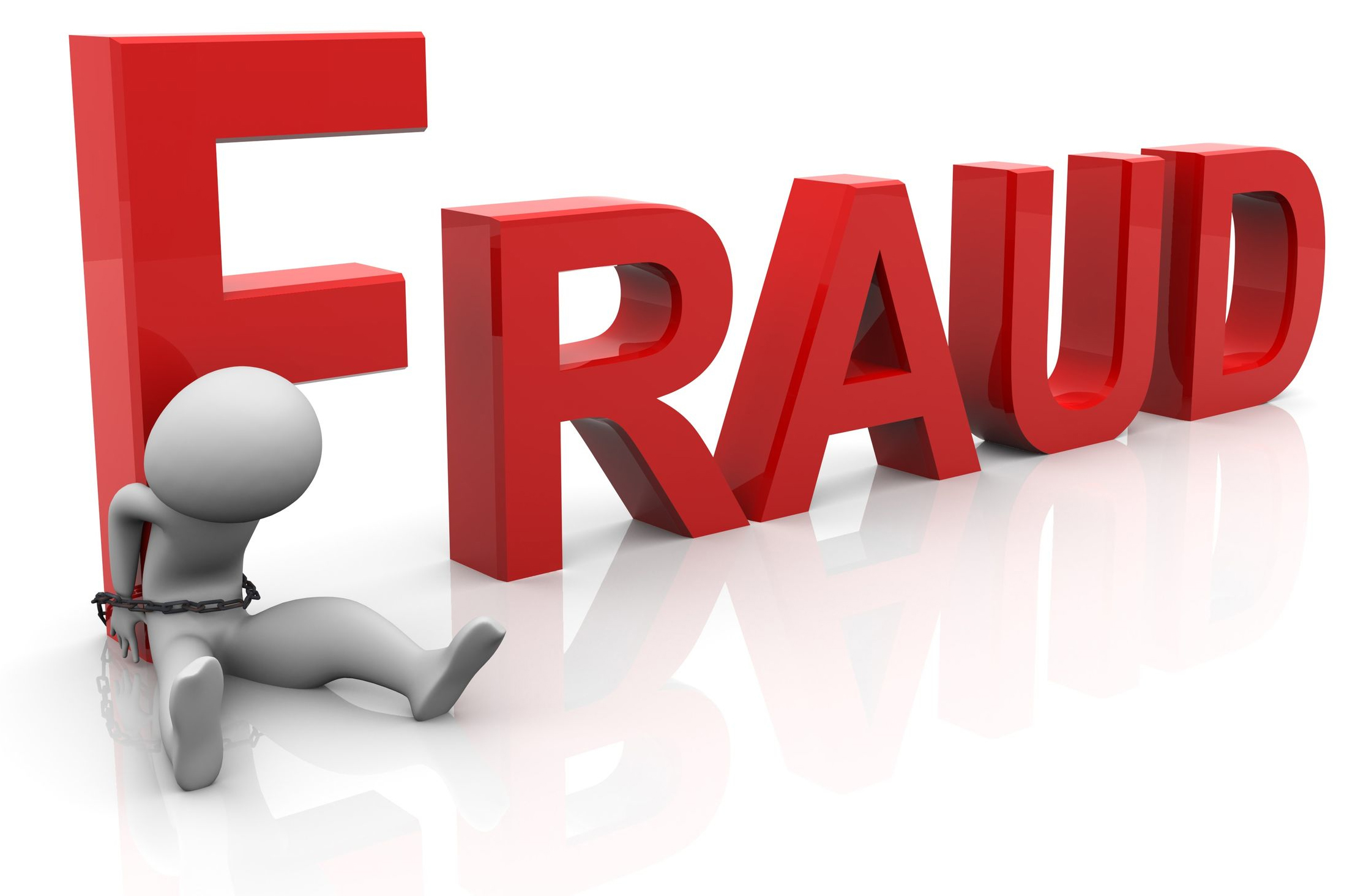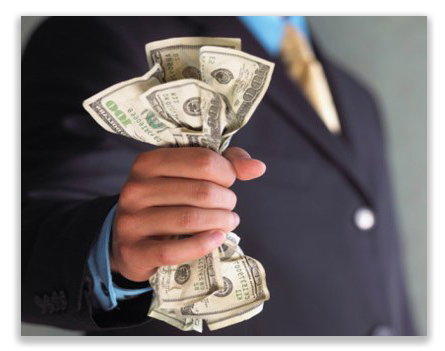We post news and comment on federal criminal justice issues, focused primarily on trial and post-conviction matters, legislative initiatives, and sentencing issues.

SUPREME COURT NIXES FEDERAL POLITICAL FRAUD CASES
 Nobody likes fraud. Prior to the 1987 decision in McNally v. United States, everyone agreed that federal wire fraud and mail fraud statutes prohibited all kinds of it, including any number of intangible frauds that the Government argued were crimes even if the object of the fraud was not to deprive the government or taxpayers of money.
Nobody likes fraud. Prior to the 1987 decision in McNally v. United States, everyone agreed that federal wire fraud and mail fraud statutes prohibited all kinds of it, including any number of intangible frauds that the Government argued were crimes even if the object of the fraud was not to deprive the government or taxpayers of money.
Honest Services Fraud: “Honest-services” fraud is fascinating stuff. Most cases prosecuted under federal mail fraud and wire fraud statutes for honest-services fraud involve public employees accepting a bribe or kickback that did not necessarily result in a financial loss for the government or taxpayer but did deprive the government of the right to receive the “honest services” of a government official or employee. In some cases, courts have ruled that the employee did not even have to hold a public position.
The whole idea of “honest services fraud” that didn’t cost the public a dime was rejected in McNally. But Congress quickly plugged the hole with 18 USC § 1346, which defined mail and wire fraud as “include[ing] a scheme or artifice to deprive another of the intangible right of honest services.” Decades later in Skilling v US, fallout from the Enron scandal, the Supreme Court clarified that “the intangible right of honest services” in § 1346 relates to “fraudulent schemes to deprive another of honest services through bribes or kickbacks supplied by a third party who had not been deceived.”
 Joe Percoco had managed former New York Gov. Andrew Cuomo’s re-election campaign, but he was a private citizen (about to return to the governor’s office) when he called the head of a state development agency and urged him to let a real estate development go forward without the developer having to buy a “labor peace” agreement with the local unions. A day after Joe made the call, state officials reversed their decision that the developer needed to such an agreement, saving the developer a lot more money than the $30,000 he had paid Joe.
Joe Percoco had managed former New York Gov. Andrew Cuomo’s re-election campaign, but he was a private citizen (about to return to the governor’s office) when he called the head of a state development agency and urged him to let a real estate development go forward without the developer having to buy a “labor peace” agreement with the local unions. A day after Joe made the call, state officials reversed their decision that the developer needed to such an agreement, saving the developer a lot more money than the $30,000 he had paid Joe.
Joe was convicted of fraud for taking money in exchange for helping to facilitate the real estate construction project. The fraud was “depriving members of the public of the intangible right to ‘honest services’.”
In a unanimous ruling, the Supreme Court threw out Joe’s conviction, holding that the jury instructions used to convict him were too vague.
The Supreme Court rejected the argument that a person nominally outside public employment could never have a fiduciary duty to the public to provide honest services, but it held that a jury instruction that Joe had such a duty ‘if he dominated and controlled any governmental business and people working in the government actually relied on him because of his special relationship with the government” were too vague. The justices said the instruction did not define “’the intangible right of honest services’ with sufficient definiteness that ordinary people could understand what conduct was prohibited.”
 The Court held that by “rejecting the Government’s argument that § 1346 should apply to cases involving ‘undisclosed self-dealing by a public official or private employee,’ the Skilling Court made clear that “the intangible right of honest services” must be defined with the clarity typical of criminal statutes and should not be held to reach an ill-defined category of circumstances simply because of a few pre-McNally decisions. The fact that Joe was influential was simply not enough to put him on notice that being hired to make a persuasive phone call was a federal crime.
The Court held that by “rejecting the Government’s argument that § 1346 should apply to cases involving ‘undisclosed self-dealing by a public official or private employee,’ the Skilling Court made clear that “the intangible right of honest services” must be defined with the clarity typical of criminal statutes and should not be held to reach an ill-defined category of circumstances simply because of a few pre-McNally decisions. The fact that Joe was influential was simply not enough to put him on notice that being hired to make a persuasive phone call was a federal crime.
Right to Control: In the other Supreme Court criminal-law decision last week, Louis Ciminelli had steered the terms of a $750 million development project so that his company’s bid would be successful. The government could not prove that the state lost a dime over what other contractors would have bid but argued Lou had deprived the state of its “right to control” the bid process.
The Supreme Court rejected any notion that any “right to control” theory resided in the wire fraud statute. The Court expressed federalism and overcriminalization concerns in narrowing the scope of § 1343, holding that “the fraud statutes do not vest a general power in the Federal Government to enforce (its view of) integrity in broad swaths of state and local policymaking. Instead, these statutes protect property rights only. Accordingly, the Government must prove not only that wire fraud defendants engaged in deception, but also that money or property was an object of their fraud.”
Percoco v. United States, Case No 21-1158, 2023 US LEXIS 1889 (May 11, 2023)
Ciminelli v. United States, Case No 21-1170, 2023 US LEXIS 1888 (May 11, 2023)
– Thomas L. Root


